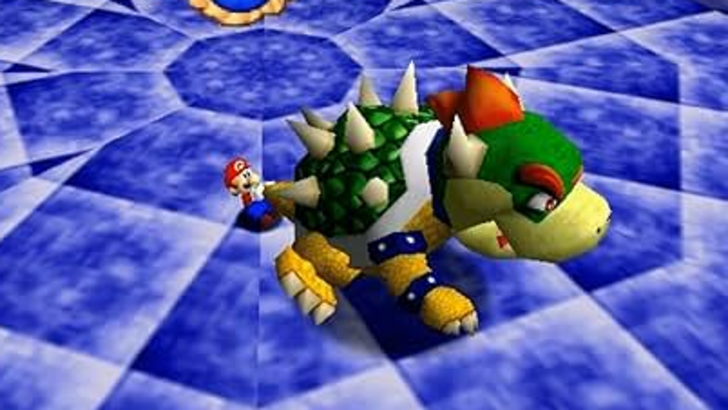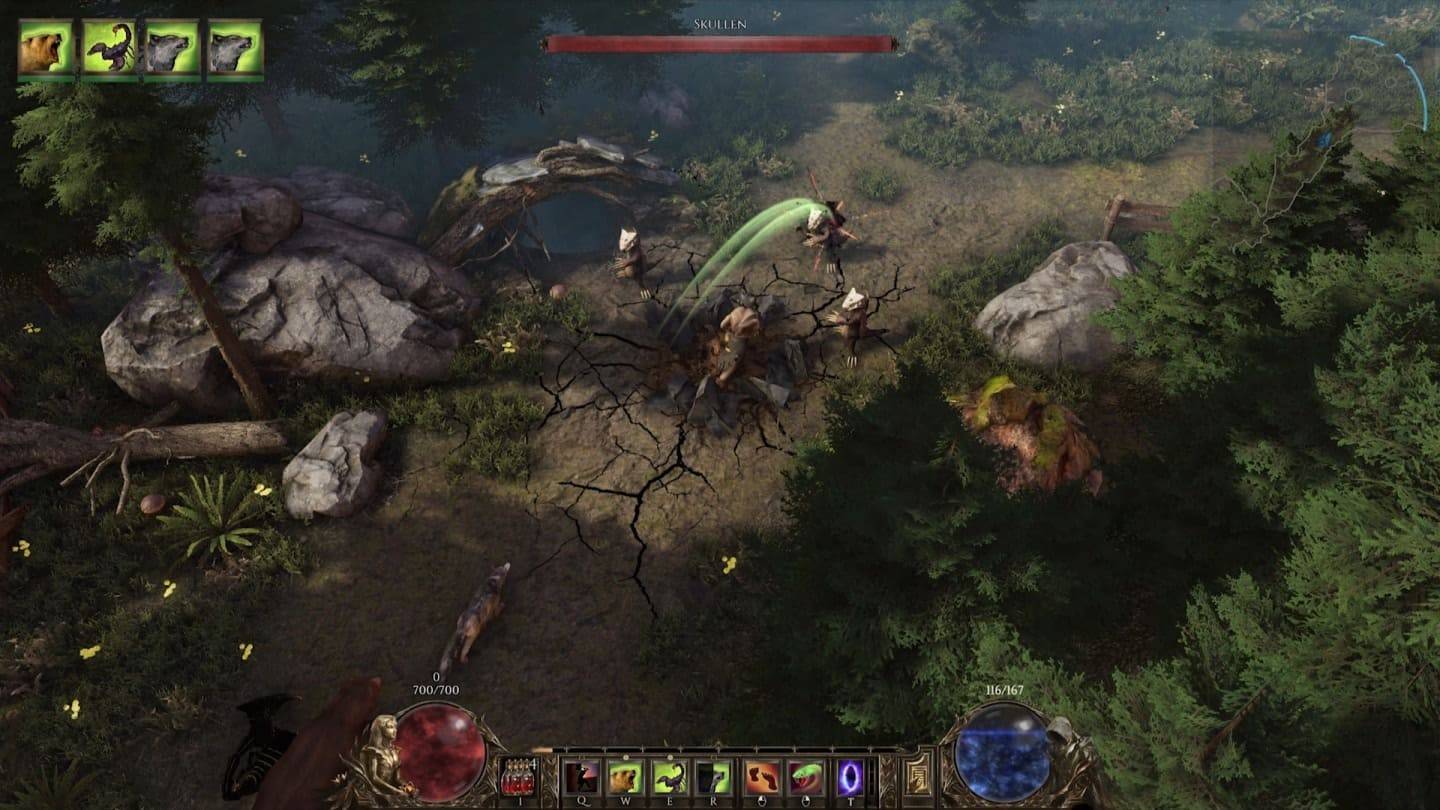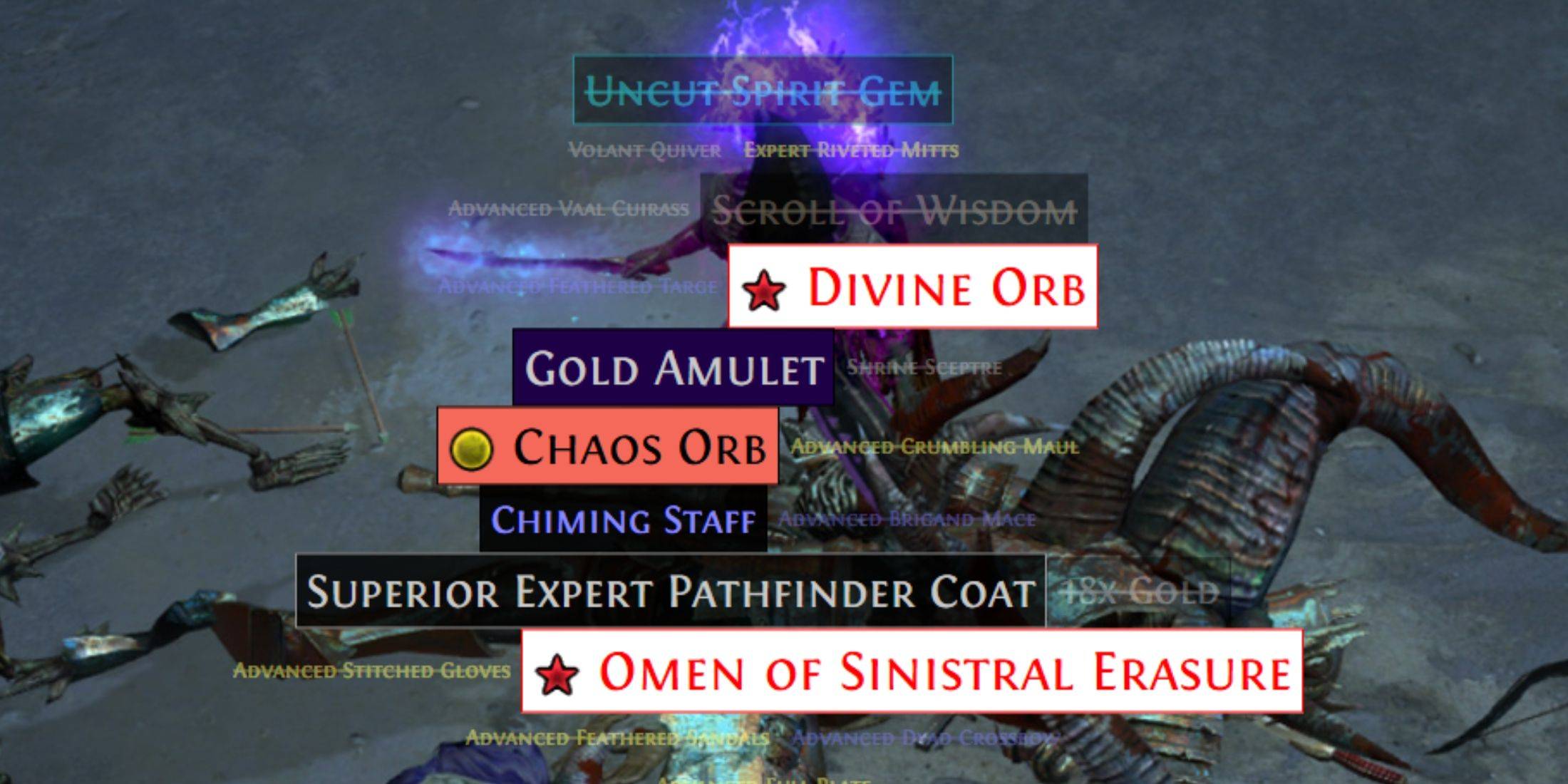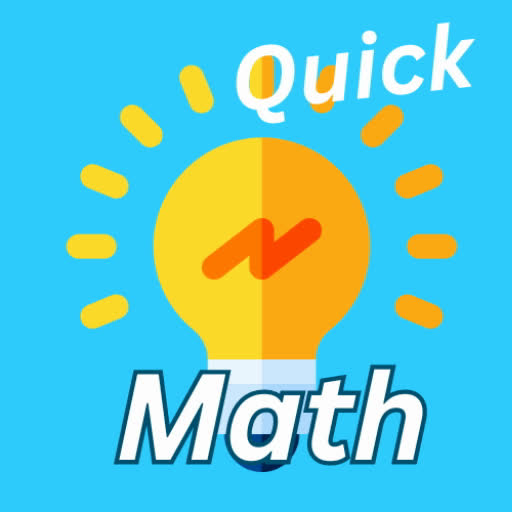
The European Union's Court of Justice has ruled that consumers within the EU can legally resell downloaded games and software, overturning restrictions imposed by End User License Agreements (EULAs). This landmark decision, stemming from a legal dispute between UsedSoft and Oracle, hinges on the principle of exhaustion of distribution rights. This principle dictates that once a copyright holder sells a copy granting unlimited usage, the distribution right is exhausted, permitting resale.
This ruling affects major platforms like Steam, GOG, and Epic Games. The original purchaser can sell the game license, enabling a new buyer to download it. The court's decision explicitly states that even if the EULA prohibits transfer, the copyright holder cannot prevent resale once the initial sale has occurred. The process might involve transferring a license key, with the original owner losing access after the sale. However, the lack of a formalized resale market presents practical challenges, particularly regarding account registration and transfer.
Crucially, the seller cannot retain access to the game after resale. The court emphasized that continued use after sale constitutes copyright infringement. While resale is permitted, the original owner must render their copy unusable upon transfer.
The ruling also clarifies reproduction rights. While the distribution right is exhausted, the reproduction right remains, but only for necessary uses by the lawful acquirer. This allows the new buyer to download and install the game. However, the court specifically prohibits the resale of backup copies. This aligns with a previous CJEU ruling in the Ranks & Vasilevics v. Microsoft Corp. case. The decision significantly impacts digital game distribution and the rights of EU consumers, although practical implementation details remain to be addressed.

 Latest Downloads
Latest Downloads
 Downlaod
Downlaod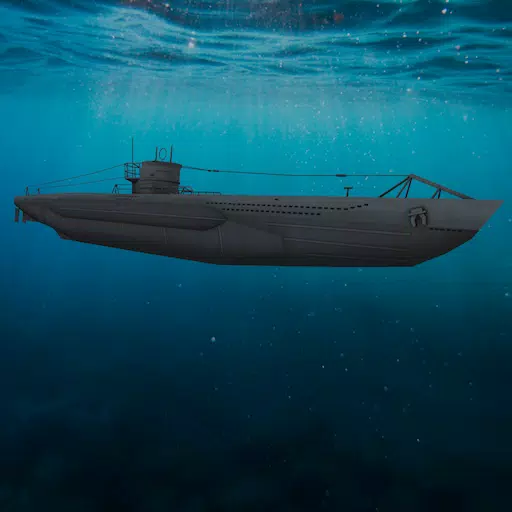




 Top News
Top News